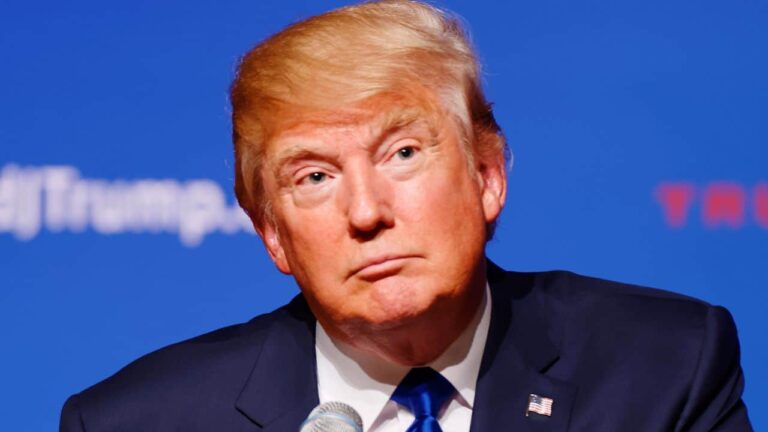Is There Such a Thing as Too Much Money in Your Bank Account?

The majority of people keep their money in the bank for convenience and ease of use. But did you know if you keep too much money in there, it could be detrimental?
It’s not so much you have to worry about bank failures, unless you have a significant sum in your accounts, because the Federal Deposit Insurance Corporation (FDIC) insures against loss. But that insurance isn’t infinite. In fact, it only covers up to $250,000 per depositor per account per bank. That means if you have more than that amount in a single account, the excess is at risk.
Signs You Have Too Much in the Bank
Even if you haven’t hit the $250,000 threshold in your account, there may still be signs you have too much in it. For example, if you:
- Have no plans for your money
- Haven’t paid into retirement
- Have a robust emergency fund
- Have a low interest rate
- Haven’t taken advantage of money-making opportunities
These are solid indicators you have too much in the bank. Instead of keeping it in place, move it to another type of account so it can work for you.
How Much to Keep in the Bank
There’s no set sum to keep in the bank, but you don’t want to have too much there, for several reasons. The most important one is that money sitting around could be actually working for you, if you let it.
A good threshold to keep easily accessible is your emergency fund, which should be three to six months’ worth of expenses, plus two months’ worth of current expenses, not set aside for emergencies.
Explore Better Long-Term Solutions
If you do have too much money just sitting idle, it’s time to explore some better long-term solutions. In other words, invest it.
Here’s the thing, though. You don’t have to invest it all and you don’t have to choose a long-term instrument. You could put some in a CD or mutual market fund and let it make you some short-term income if you’re not content with a higher level of risk.





